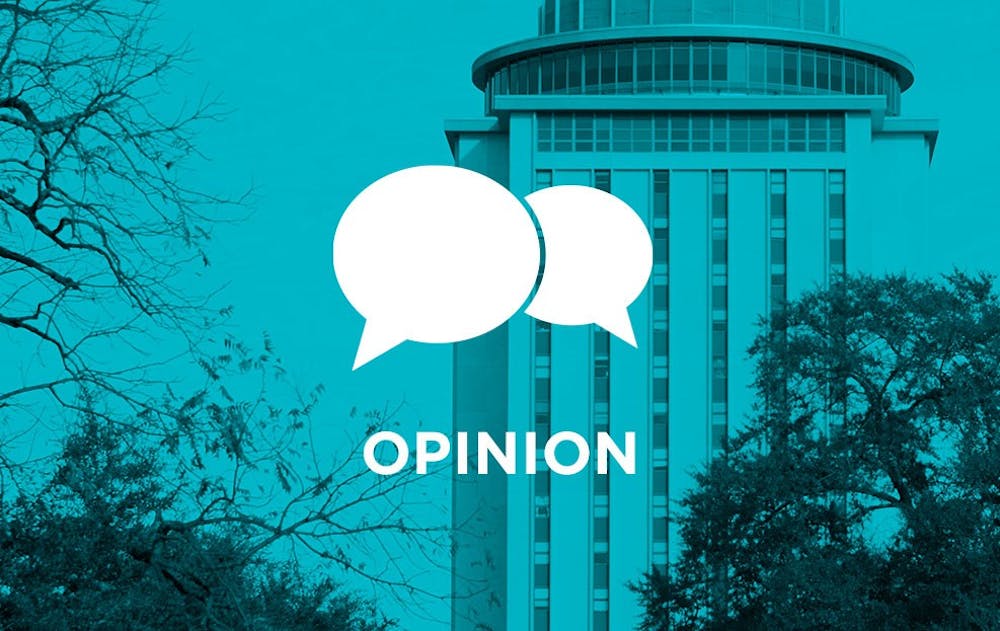For most people, the 2016 election was shocking. Many called it one of the biggest political upsets in modern history. While I will admit the idea of President Trump was a bit difficult to wrap my brain around, the concept of the Democrats losing wasn’t so shocking. That’s what really happened. President Trump and the Republicans didn’t win the election so much as Hillary Clinton and the Democrats lost it.
I believe that this loss came from a lack of clarity in the message of the party. There was also internal discord brought on by grassroots members that wanted a change in party politics and advocated for Bernie Sanders. An independent senator from Vermont who ran on a more socialist platform, his candidacy conflicted with the establishment’s choice, former Secretary of State Hillary Clinton.
This division, a bad candidate and a poorly ran campaign, led to the upset. So I wanted to get the opinion of a party insider as to how exactly the Democratic party got to where it is today and what is needed moving forward.
I sat down with Don Fowler, a professor here at USC and the Chairman of the Democratic National Committee from 1995 to 1997, to see what his insight was on the party moving forward. I started by asking about the 2016 election and exactly where the Democrats went wrong.
"We lost 2016, in large part, because Hillary Clinton, who I know and love, was not a very good candidate,” he said.
He also cited “stupid” campaign decisions as a reason for the upset. An example was a failure of the Clinton campaign to take polls in the last three weeks of the campaign in Ohio, Pennsylvania, Michigan and Wisconsin. He also states that Hillary can be perceived as “presumptuous and insistent on being right,” which could lead to a disconnect with voters.
The next subject we addressed was comparing the party of today to the party of 20 years ago when Fowler was the chairman. The first thing we discussed was a clarity of ideology. This is especially crucial with a very divisive primary for the party between establishment candidate Hillary Clinton and outsider Bernie Sanders. However, Fowler argued that despite this trend, the true Democratic party hasn’t really changed much since he was at the reins nearly twenty years ago.
“The values of the Democratic party are the same, or in policy and in philosophy they are the same, but the way they apply to individual programs or groups of people or the population generally is different, because these are different times," he said.
So what is next for the party moving forward, and how do they hope to change? I asked Fowler about the trend to the left of the party brought on by Sanders and whether the party should embrace this trend.
“No ... because it’s not good government for one thing, it’s not a winning combination for another,” he said.
Further commenting on Sanders himself, Fowler raised the point that “he is not a Democrat. He represents an egotistical following that I don't think is good for the Democratic party.”
The question then becomes if not the trends brought on by Sanders, what is the future for the Democratic party? Well, according to Fowler it’s a return to simplicity. He suggested that the Democrats are party of the average person and that it is, therefore, necessary for them to communicate their policies and ideas in a way that can be understood by the average person.
"We need a philosophy that is sound and beneficial to the American people," he said. "Sometimes we get too hung up with smaller issues that distract us from the principle purpose that Democrats have ... to work for the average person."
Fowler expanded on this idea by stating that it is in his party’s principles that the average citizen should "benefit from a good education system [and] a good healthcare system.” He also believes that policies should benefit the average citizen and “not just the rich or some other privileged group.”
How that message is to be articulated and exactly who needs to be doing the talking is still unclear. According to Fowler, “we need a common purpose, we need a common set of issues, we need an effective group of spokespeople” to move forward the party’s platform. But, ultimately, he is optimistic that the future is bright for the Democratic party — it's just whether or not they can clarify this message and provide actually solutions to issues instead of just opposition against Trump.

